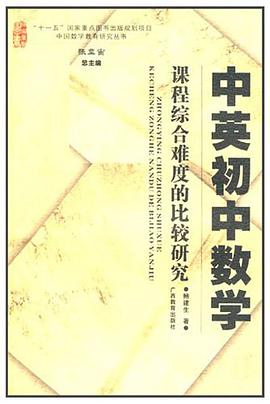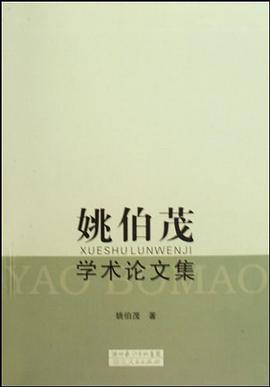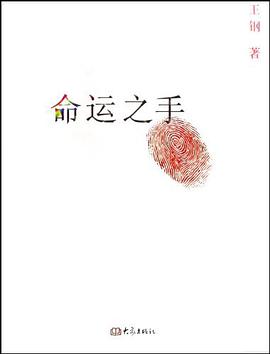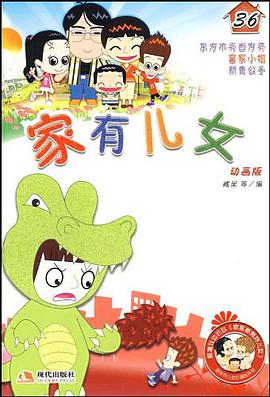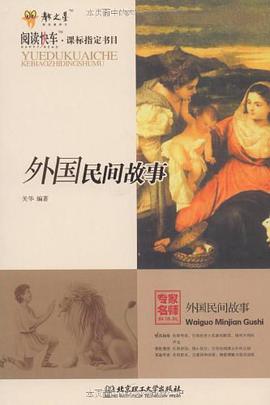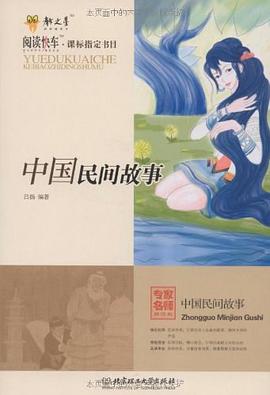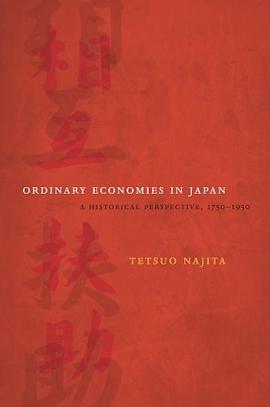

Tetsuo Najita explores a powerful theme in the economic thought and practice of ordinary citizens in late Tokugawa and early modern Japan. He examines commoners' writings on the virtues of commerce, the reconstruction of villages, and groups offering credit and loans, particularly the traditional cooperative, the ko, which citizens created to save one another in times of famine and fiscal emergency without turning to their government. The alternative genealogy of early Japanese capitalism that emerges is based on cooperative action, whose motive for profit was combined with a concern for social well-being. Najita's discussion centers on the relationship of economics, ethics, and the epistemological premise that nature must serve as the first principle of all knowledge, and he illuminates comparative issues of poverty, capitalism, and modernity.
具体描述
读后感
评分
评分
评分
评分
用户评价
相关图书
本站所有内容均为互联网搜索引擎提供的公开搜索信息,本站不存储任何数据与内容,任何内容与数据均与本站无关,如有需要请联系相关搜索引擎包括但不限于百度,google,bing,sogou 等
© 2025 book.wenda123.org All Rights Reserved. 图书目录大全 版权所有


